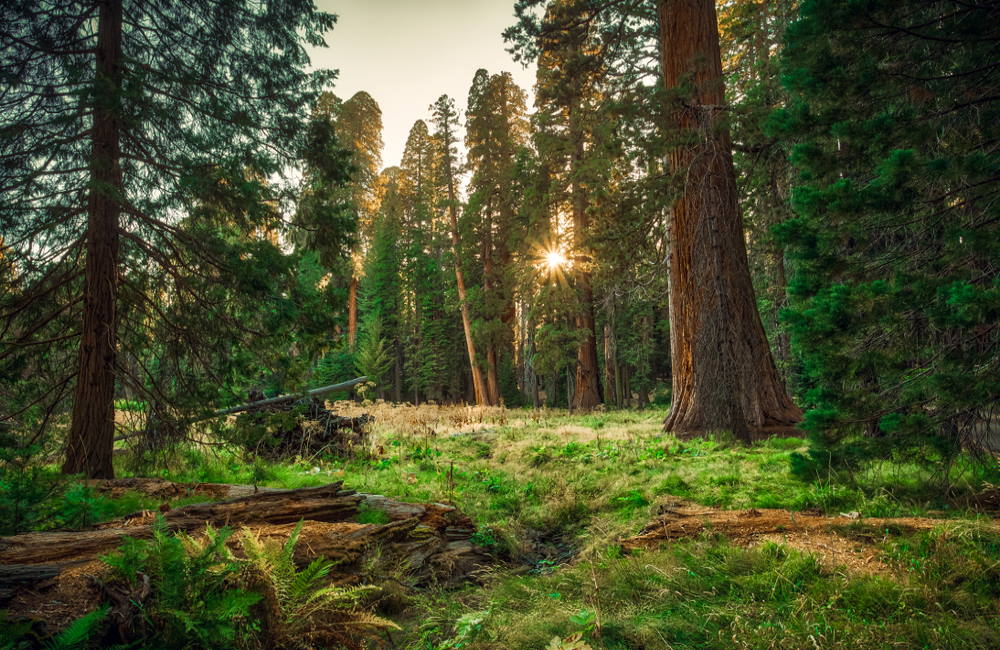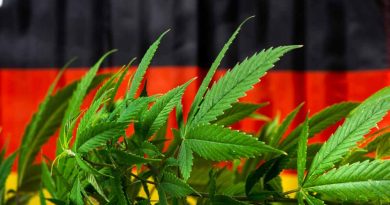Legal Recreational Cannabis Reduces Illegal National Forest Pot Growing
National Forest Pot Growing has long been a practice by criminals seeking to evade detection. But a new study finds that one method has emerged to cut down on this happening: legalizing recreational cannabis.
The study, conducted by members of the forestry service, involved reviewing the number of cannabis grow sites in 111 national forests between 2004 and 2016. Researchers found where states have legalized recreational cannabis, the number of national forest pot growing sites has decreased within those states.
Further, they found that legalization had a much bigger impact on illegal cannabis operations than beefing up law enforcement.
Why This Is Important
Cannabis legalization has impacted society in many ways, but relatively few people think about the effect it has had on illegal cannabis operations.
Most reports focus on the fact that illegal operations have continued. And it is a problem. While the legal marijuana industry had a banner year in 2018, as much as $10 billion in illegal weed was still sold in the United States, according to CNBC.
High Times reports that much of this is happening in Colorado, California and Oregon. It’s no coincidence that national forests cover 24% of Oregon and 21% of Colorado. Also, California has 20 national forests, more than any other state.
There’s an environmental impact as well with national forest pot growing. Illegal growers often use pesticides and fertilizers that are harmful to the pristine environment of national forests.
What The Study Found
Researchers with the U.S. Forestry Service decided to look at the number of grow sites because of the many states that have legalized recreational marijuana. During the time period the study covers, nine states and the District of Columbia had legalized marijuana. Those states are: Alaska, California, Colorado, Maine, Massachusetts, Nevada, Oregon, Vermont and Washington.
Since the study, Michigan and Illinois have also legalized adult-use marijuana.
Researchers wanted to know how “policy changes may have affected illegal growing operations on national forests of the United States.” They found the following.
- Legalizing recreational cannabis reduced the number of grow operations in national forests
- Having and enforcing minimum sentencing guidelines and cannabinoid regulation also led to fewer illegal growers
- Putting taxes on cannabis sales reduced illegal growing.
- On the other hand, the presence of law enforcement had a “negative effect” on illegal growing.
In that last situation, researchers found that law enforcement could have an impact, but it was less than the other three areas listed above. Increasing law enforcement did not lead to a substantial reduction in illegal growing activity.
Reducing National Forest Pot Growing
The impact of legalizing cannabis on national forest pot growing was so significant that researchers wrote that “arguably, our models hint that outright, national recreational cannabis legalization would be one means by which illegal grows on national forests could be made to disappear.”




